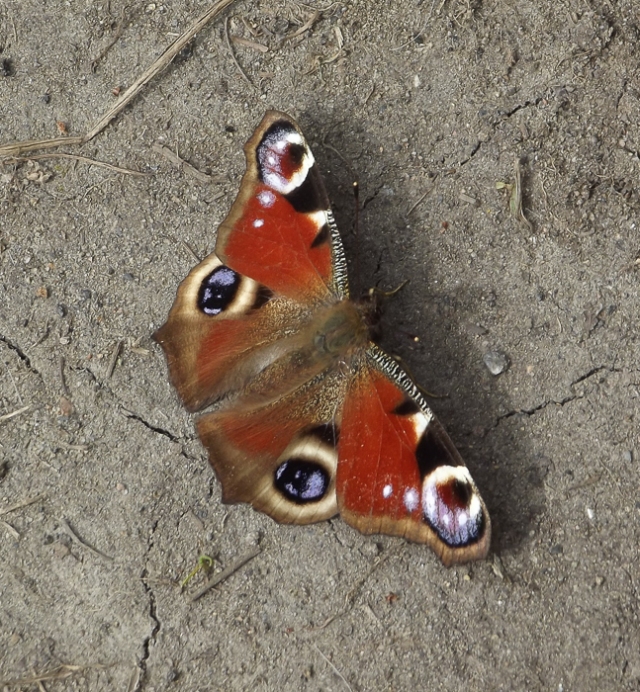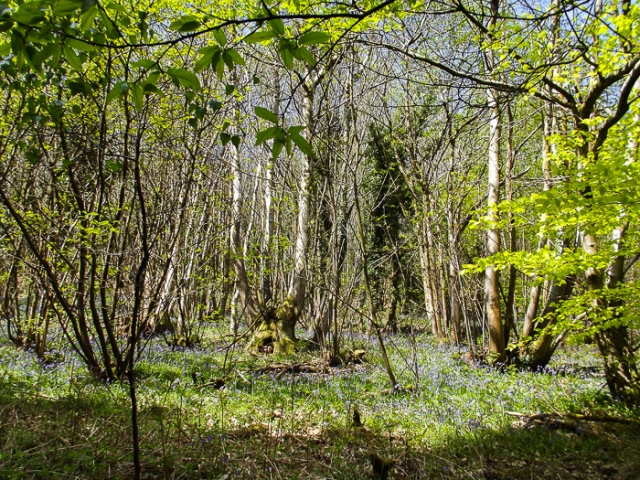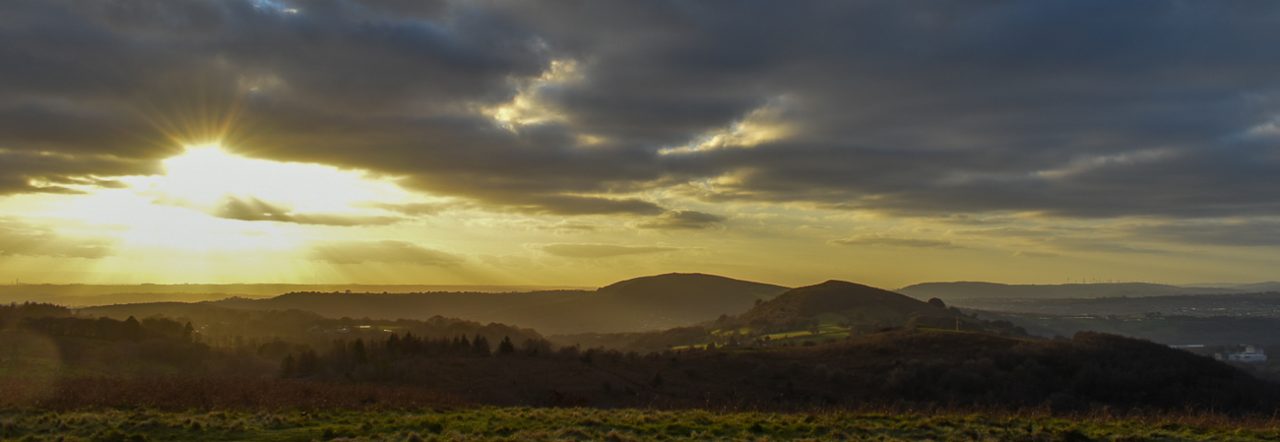
We live in a place of outstanding beauty, my wife and I. If possible, we walk in the Forest of Dean every day. Today, we took a fairly familiar route but followed the trail the opposite way round from previous walks. That, in itself, is a stimulus to the brain, of course. Different viewpoints bring new sights for the mind to ponder.
As a writer, I’m always eager to experience something new, always on the lookout for ideas and thought to stimulate the creative juices. Part of our walk took us into the depths of the forest, off the tracks and trails, into the spaces between the trees, where a certain magic dwells. Here, away from the sounds of humanity and surrounded only by nature, we might have been the last humans on the planet.
Birdsong, soft wind in the canopy, the occasional scamper of a squirrel through the branches, and a single call from a cuckoo were the only sounds. Butterflies bathed in sunlight dappling the ground where pinecones lay ready to spread their concealed seeds onto the bed of soft needles. Moss and low-growing wood sorrel with its delicate white flowers patched the surface underfoot.

A peacock butterfly, sunbathing on a patch of bare earth, caught our attention, and then a less extravagant comma fluttered past. I was struck by the way such delicate creatures survive in the turbulent air and even appear to play with it. That led me to consider the way in which such an insect lives, how it processes food in much the same way as we do. Yet its organs are so tiny. I wondered if it was early observation of the complexity of such structures that led the more intelligent of men to question what it is we’re made of, what the world is made of. Is that the route that led to the idea of the atom and, from there, to the esoteric world of quantum physics?
We watched squirrels float with apparent ease from branch to branch. Grey squirrels, of course, since the native reds are not in evidence here. That led me to wonder why so many people seem to hate the grey squirrel, calling it a ‘tree rat’ and condemning this fascinating animal. If the grey squirrel is a tree rat, then so is the red, after all. And is it the creature’s fault that it’s evicted our native species? Of course it isn’t. Man brought the creature here and all the animal does is take the natural route for survival of its species: much as we do ourselves when we invade foreign lands. If there’s blame for the decline in the red population it surely lies with those humans who introduced the interloper, doesn’t it? The animal is free of blame.

Naturally, such thoughts lead on to more complex questions relating to human invasion: who is to blame for the current influx of migrant humans? With whom does responsibility lie for the increase in refugees? Many natives of the lands where such unfortunates wish to gather blame the victims; the refugees or migrants. But is it their fault? Is it not more properly the responsibility of those who made their homelands intolerable places to live?
Such is the way a walk in nature can influence the mind of the writer. But only if that writer permits a sense of wonder to live in heart and mind. That openness to ideas, speculation, curiosity and the amazing complexity of life is an ever-open door into a world of thoughts and questions that are so often the wellsprings of stories.

So, if you’re ever at a loss about what to write, take a walk in the country. Look around and think, question, allow your sense of wonder to play with your mind and open that door to creativity.



Watch out for those spiders!
LikeLike
Great post, and I love the pictures. I also enjoy walking with nature, but haven’t done so for a while.
LikeLiked by 1 person
Try it. It’s great spiritual refreshment as well as blowing away the cobwebs, Sahara.
LikeLiked by 1 person
Yeah, my brain is like an attic full of cobwebs. LOL
LikeLiked by 1 person
What an absolutely magical time you had.
LikeLiked by 1 person
We’re fortunate enough to be able to experience this beautiful place on a daily basis. I don’t think we’ll ever grow tired of it.
LikeLike
That’s my remedy for writer’s block. Go out for a walk. Spot on, Stuart.
LikeLiked by 1 person
Exercises the brain as well as the body, Mick. Sometimes the old knees complain on these steep hills, but the effort is always worth it!
LikeLiked by 1 person
Great article. I think, however, that your trees are coppiced, rather than pollarded.
We, too, were out today, and among the birds seen – or rather heard – were skylarks! Wonderful. It’s a long time since I heard a cuckoo around here, more’s the pity.
LikeLiked by 1 person
You’re absolutely right, Linda. I’ve always got these two terms confused, to the point that I can never remember which is which. I’ll check next time. For the moment, I’ll amend the post.
As for the birds: I miss the skylarks we used to hear when we did the coastal walk from Dane’s Dyke to Flamborough; magical!
LikeLike
Just glorious those woodlands you live near! Lucky you! I can’t agree more. Just getting out and walking does the body and mind a world of good! ❤
LikeLiked by 1 person
It’s long been said that writers get their best ideas when out walking. Got to be worth a try.
LikeLiked by 1 person